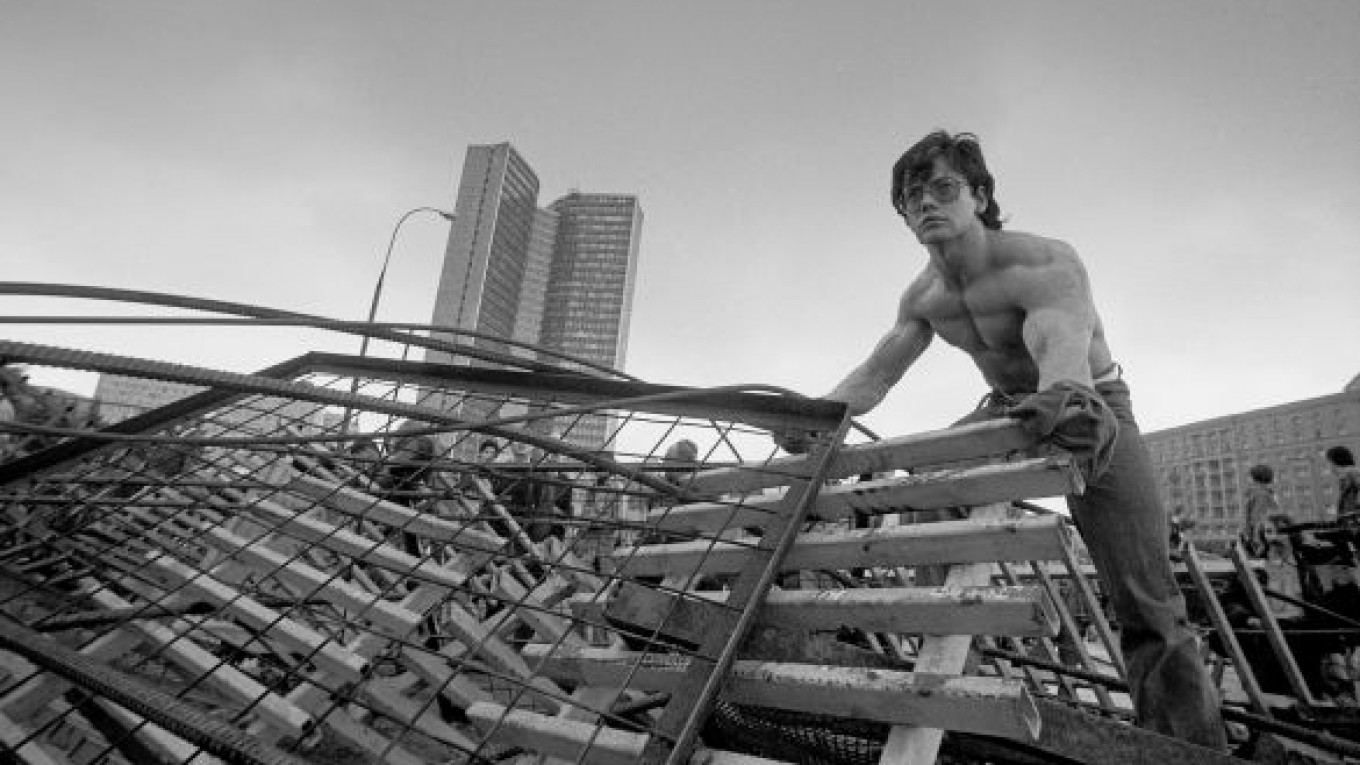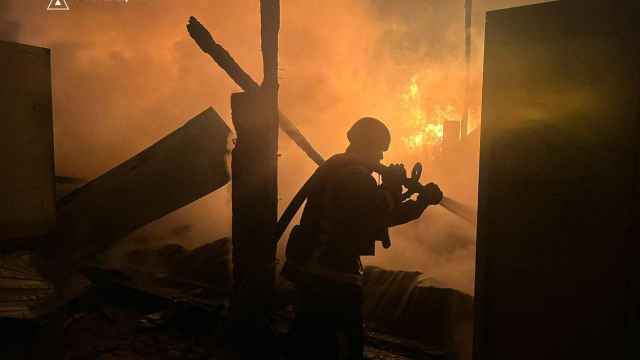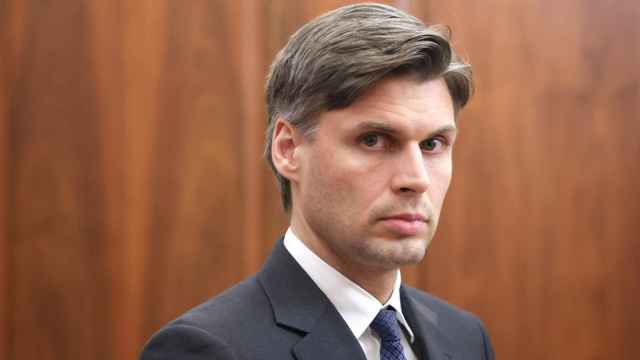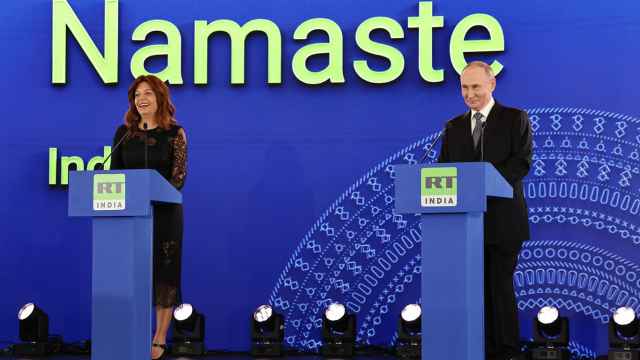Russia could break up like the Soviet Union did 20 years ago if its leaders fail to modernize the country, said one of the main architects of Russian reforms in the early 1990s.
Gennady Burbulis, who was with President Boris Yeltsin when he climbed onto a tank to lead resistance to a hard-line Communist coup in August 1991, said there was a lack of democracy, civil society and media freedoms 20 years later.
"My main anxiety 20 years on is the threat of the Russian Federation falling apart," Burbulis, a top Yeltsin aide until late 1992, said in an interview marking the failed coup's 20th anniversary. "The threat is huge if this regime cannot transform itself. The threat, ultimately, is the disintegration of Russia."
Political analysts said Russia was in danger of disintegrating during the chaotic 1990s when many regions sought autonomy and Chechnya fought unsuccessfully for its independence.
Yeltsin's successor, Vladimir Putin, is widely credited with reining in the unruly regions, strengthening central authority and consolidating his own power.
But Burbulis echoed other critics of Putin by warning of dangers to the central government, and possibly unrest, if it fails to increase democracy and carry out long-delayed reforms to modernize the country and its aging infrastructure.
"Modernization is vital," he said. "I am convinced we will have to start modernizing the system and restoring the values we managed to defend in such a tough battle in 1991. Russia has no other path to follow if it is to develop."
Burbulis, 66, made clear that he was disappointed with how the political system had developed since the failed coup.
Historians say the putsch, which was intended to preserve the Soviet Union, had the opposite effect by accelerating its collapse because reformers quickly seized their chance to bury the Soviet empire when it failed.
Burbulis said a gradual transformation of the Soviet Union might have been possible if the coup had not taken place, but its sudden demise was comparable to the meltdown at the Chernobyl nuclear plant in 1986.
He said that in the haste to carry out reforms, not enough care had been taken to prevent Communist elites regrouping and holding posts in the new Russia.
"I came with time to see that the August 1991 putsch was the political Chernobyl of the Soviet empire," said Burbulis, who runs the Strategia think tank.
"It was a political explosion of the totalitarian system that threw out all the poison of the Communist, Bolshevik system of power that had piled up over 70 years."
The failure to eliminate all Communist influence at that time was still being felt today, he said, with some Russian leaders sympathizing with some of the coup plotters' goals.
He gave no examples. But Putin, now prime minister, has referred to the collapse of the Soviet empire as the "greatest geopolitical catastrophe of the 20th century."
Putin's supporters say he has done much to restore order to Russia, hold the country together and increase private incomes.
But Burbulis expressed regret that the 1993 Constitution had been trampled on by its leaders, including at times Yeltsin, and said the rule of law and independence of the judiciary was tarnished.
"This is a regime of authoritarian rule that neglects competition of ideas and public views," he said.
"It might be different if we had kept competition, genuine elections — including in the regions — and developed a fully fledged civil society. The sad thing is that we have lost the greatest achievement of the first period of the Yeltsin era — real freedom of the media and freedom of speech."
A Message from The Moscow Times:
Dear readers,
We are facing unprecedented challenges. Russia's Prosecutor General's Office has designated The Moscow Times as an "undesirable" organization, criminalizing our work and putting our staff at risk of prosecution. This follows our earlier unjust labeling as a "foreign agent."
These actions are direct attempts to silence independent journalism in Russia. The authorities claim our work "discredits the decisions of the Russian leadership." We see things differently: we strive to provide accurate, unbiased reporting on Russia.
We, the journalists of The Moscow Times, refuse to be silenced. But to continue our work, we need your help.
Your support, no matter how small, makes a world of difference. If you can, please support us monthly starting from just $2. It's quick to set up, and every contribution makes a significant impact.
By supporting The Moscow Times, you're defending open, independent journalism in the face of repression. Thank you for standing with us.
Remind me later.






